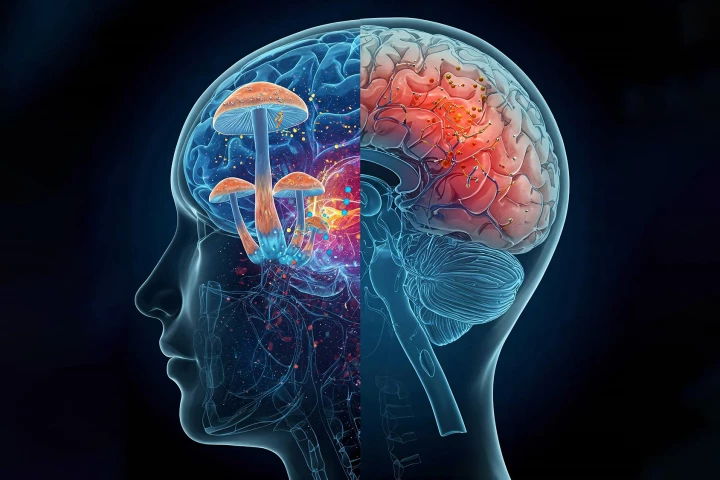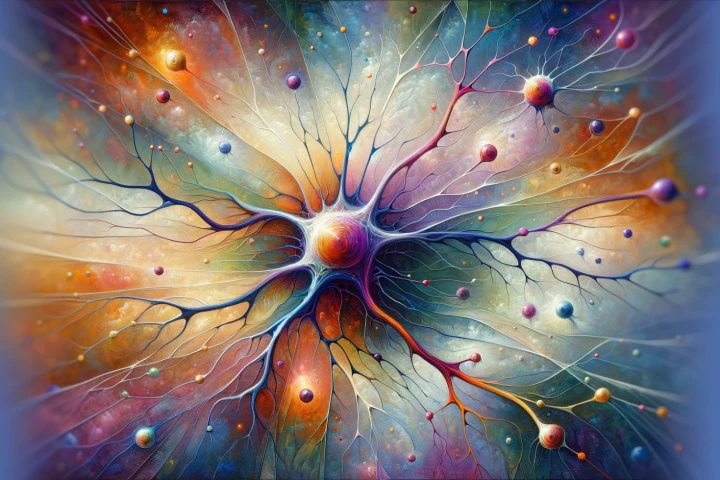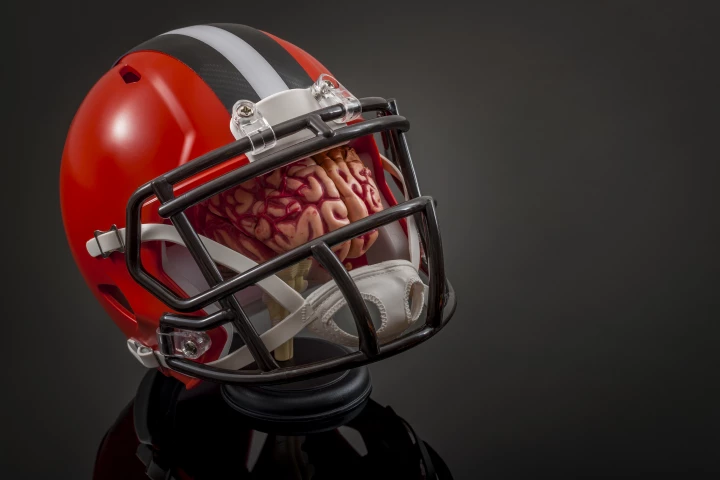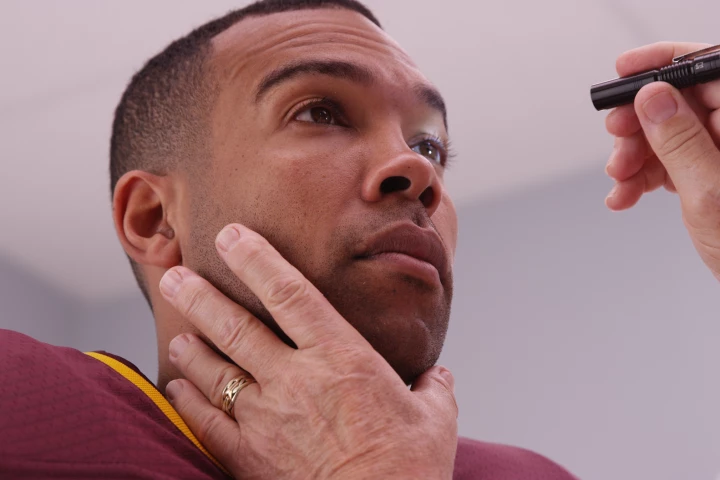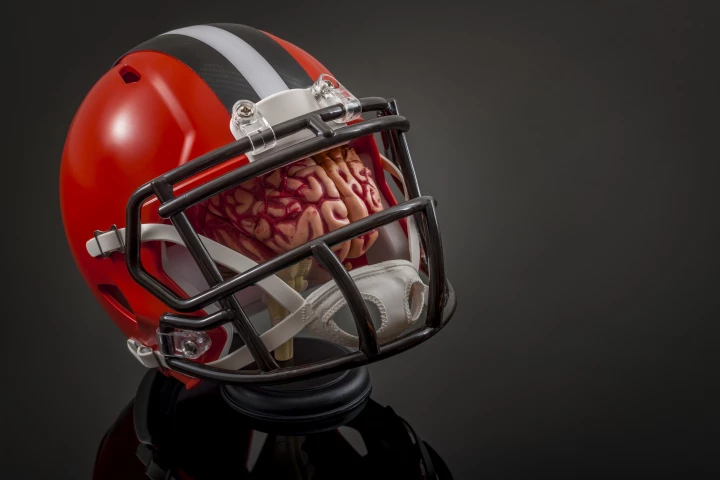Traumatic Brain Injury
-
A new study has found that psilocybin, the psychedelic ingredient in magic mushrooms, could be an effective treatment for repeated mild concussions because of its brain-healing properties. It could be the first medical treatment for the condition.
-
A new study has found that a kid who has suffered a concussion – even a mild one – is 15% less likely to go on to higher education in adulthood. It highlights the long-term impact of traumatic brain injury on learning, regardless of severity.
-
Individuals who suffer head trauma from sports, accidents, or other causes often go on to develop neurodegenerative diseases like Parkinson's or Alzheimer's. A new study sheds light on why that might be and offers a way to prevent it.
-
A new study has demonstrated that a tiny bundle of optical fibers can continuously, accurately, and simultaneously measure six biomarkers of brain health, helping to prevent serious complications that can follow a traumatic brain injury.
-
Researchers found that soccer players who use their head to control the ball show abnormalities in their brains similar to CTE – not the news 275 million soccer players around the world want to hear.
-
New research found that even an old mild concussion can have long-lasting effects in otherwise healthy people. The study adds to a growing understanding of traumatic brain injury and is relevant to the evolving legal landscape around brain injuries in sports.
-
A severe brain injury can leave patients unresponsive to stimuli, but they may be more aware than we realize. A new study of brain activity has shown that up to a quarter of unresponsive patients may exhibit “hidden consciousness.”
-
Damaged brain tissue can be re-grown using a new method that lets researchers guide stem cells into exactly the type of brain cells they need for a particular spot. They're targeting new treatments for stroke, traumatic brain injury and MS.
-
Researchers have worked with biology rather than against it, fitting microparticle 'backpacks' to important inflammatory cells called macrophages to significantly reduce lesion size and inflammation caused by traumatic brain injury.
-
Researchers have developed a new, lightweight foam made from carbon nanotubes that, when used as a helmet liner, absorbed the kinetic energy caused by an impact almost 30 times better than liners currently used in US military helmets.
-
Researchers have developed a handheld device that shines a safe laser into the eye to detect biomarkers of brain damage following a concussion or other traumatic brain injury, providing rapid, on-site diagnosis at the time of injury.
-
Researchers have found a way to determine whether someone has suffered a concussion by measuring the blood levels of three biomarkers within six hours of the injury. The blood test could be used alongside existing tests for a more accurate diagnosis.
Load More
